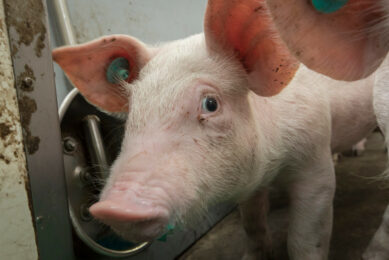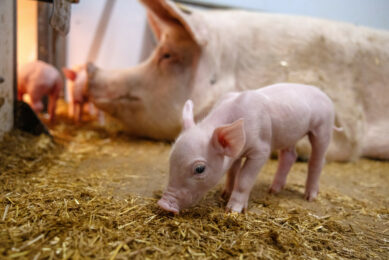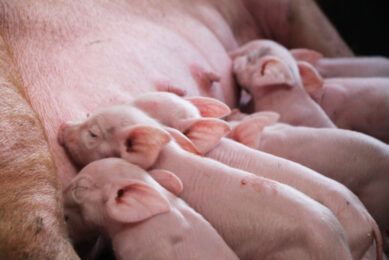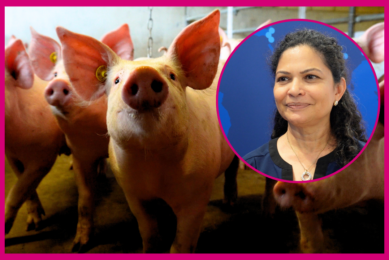A decade of improved performance in Brazil’s pig sector
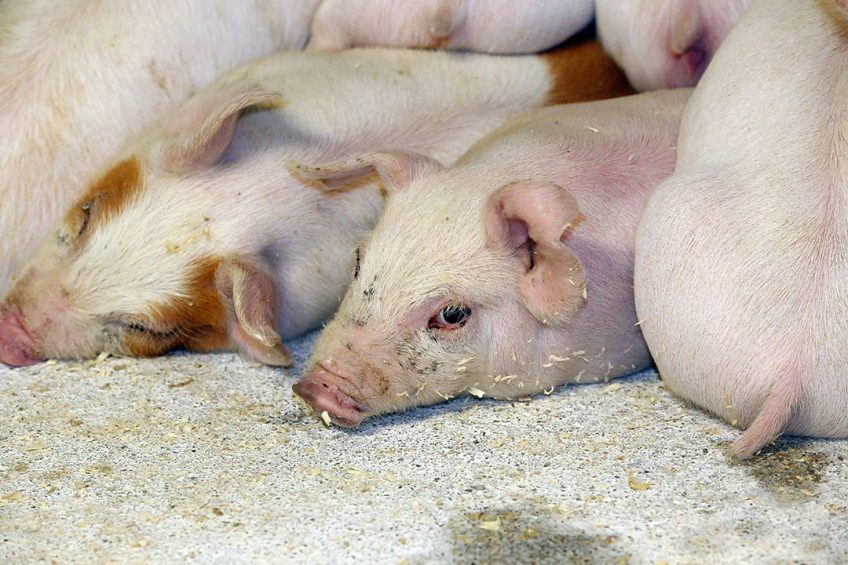
The number of weaned piglets in Brazil has increased from 24.82 piglets per sow per year in 2008 to 27.99 in 2018. This is an increase of 3.17 piglets per sow per year, according to the latest Agriness report.
Among the Top 10 growers, the increment was almost double, from 29.11 to 35.16 after 10 years, or 6.05 ‘extra’ piglets.
Agriness, a pioneer in Latin American swine technology, produces a ‘Best of Pig Production’ report annually. The report aggregates information from 1,555 pig farms in Brazil with a total of over 1.2 million reproductive sows. Everton Gubert, Agriness founder, says the company adopts cutting-edge technical tools to assist producers in maximising performance. Reproduction, feed consumption, genetic performance and animal welfare are just a few of the indexes measured, amongst hundreds.
Also read: Identifying ‘at risk’ piglets
Overall improvement
Improvements have been recorded in almost every index since the first ‘Best of Pig Production’ report in 2008. Litter per sow/year increased to 2.5 (+0,04), born alive increased to 14.94 (+2.27), and non-productive days decreased to 7.53 (-2.56).
Among the 1,555 Brazilian farms:
- 14% are small producers (<200 sows),>
- 15% have 201 to 300 sows,
- 23% have 301 to 500 sows,
- 24% have 501 to 1,000 sows,
- 15% have 1,001 to 2,000 sows,
- 6% have 2,001 to 3,000 sows and
- 3% are big producers (>3,000 sows).
Mr Gubert said the methods are used to identify key performance indicators and have been developed by veterinarians and zoo-technicians.
Brazil is a significant animal protein producer owing to an abundance of natural resources and favourable climate. The country is the 4th largest exporter of pork meat, and a major exporter of beef and poultry.
Also read: Sow removal patterns analysed in Finland
World platform
According to Mr Gubert, Agriness digital tools are contributing to a ‘revolution’ in Latin America’s pig production sector. “We aim to create the largest animal protein data platform in the world,” he said. The company has joined Cargill to advance this project. Their goal is to offer real-time managing digital techniques worldwide because the information is better received today than in the past.



